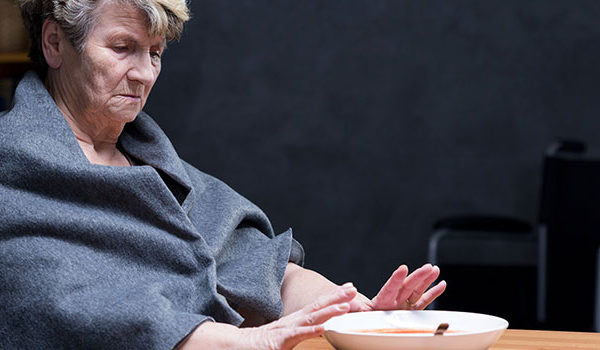It’s a fact for everyone that physical ability and mental wellbeing can start to decline with age. You may have noticed changes in an elderly relative the last time you visited or, if you’re currently a carer, you might be struggling to cope. When it comes to the point of looking for home care for elderly relatives, the cost and stress of the process can seem prohibitive. However, there is help available.
Choosing the right home care provider
This can feel like a very big decision, after all, your relative’s wellbeing is effectively being put into the hands of the agency that you choose. However, there is help available to help you make the right decision. Consumer rights champions Which? provides a care services directory, which includes the latest information and rankings for home care providers. You can also find more information about agencies via the Care Quality Commission, which is the industry regulator in England, for Scotland, it is the Care Inspectorate.
Getting some perspective on costs
Once you have a list of potential home care providers that look like they might be suitable it’s important to establish exactly what costs are involved. Bear in mind that charges will be higher at the weekend and on a bank holiday. You will be able to obtain a list of costs up front from any home care provider, helping you to make a decision. You may need to balance cost with trust and reliability. It’s often worth paying a little more for a service provider you feel you can trust.
The concept of a Personal Assistant
The NHS suggests a personal assistant as an alternative option for home care. This option can be cheaper than looking for this kind of support from an agency. However, it’s worth bearing in mind that whoever pays the Personal Assistant becomes an employer, which generates its own set of paperwork and responsibilities.
Support from the local council
There is often an assumption that the local authority will cover the cost of home care for elderly relatives. However, this is not always the case. For those who have more than £23,250 in savings, there is unlikely to be any contribution towards home care fees from the council.
There are roughly four million people in the UK over 65 who are thought to have care needs and just 850,000 are likely to qualify for financial support. For those who might, the first step is a care needs assessment from the local authority. A care needs assessment is based on an individual, so if your elderly relative is living with a spouse, only the finances of the person needing the financial support are used for assessment purposes.




